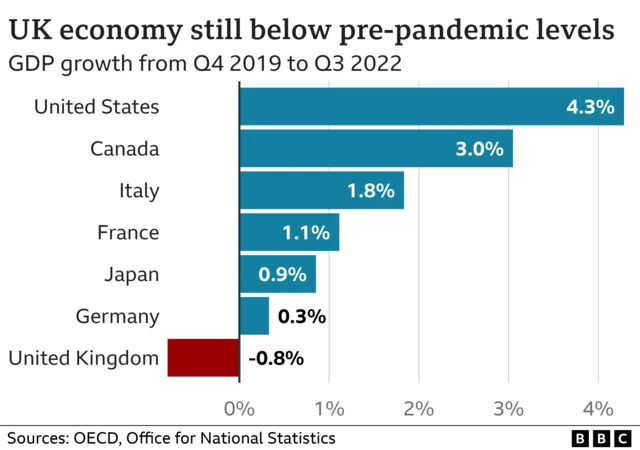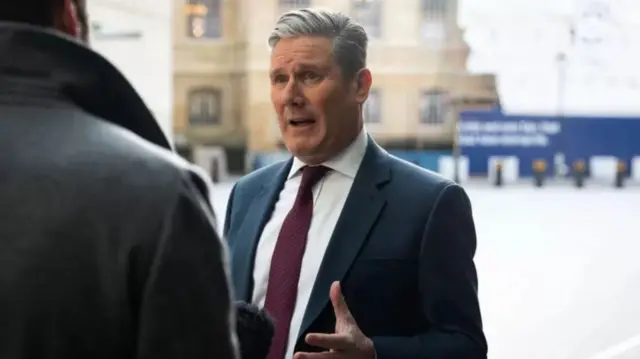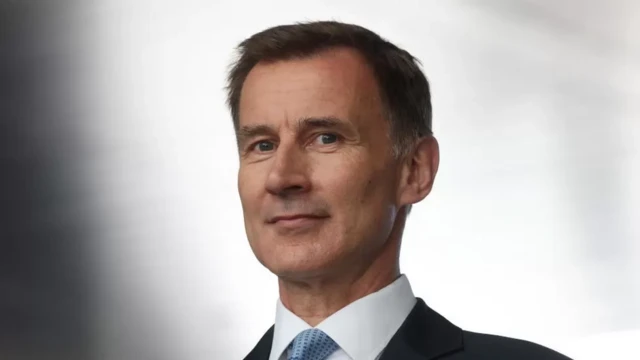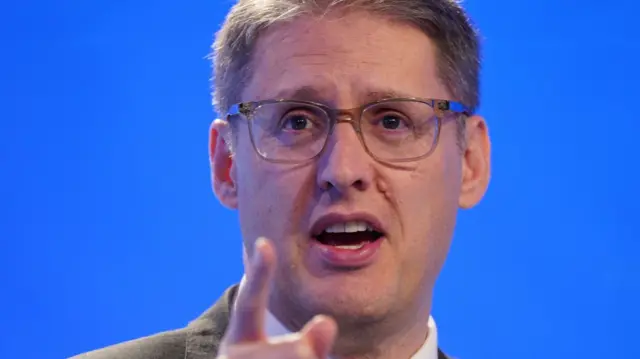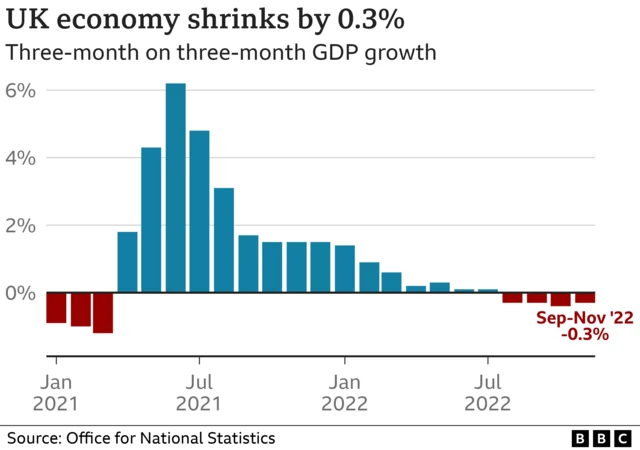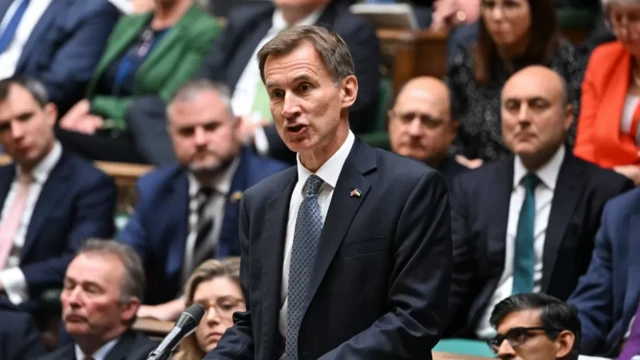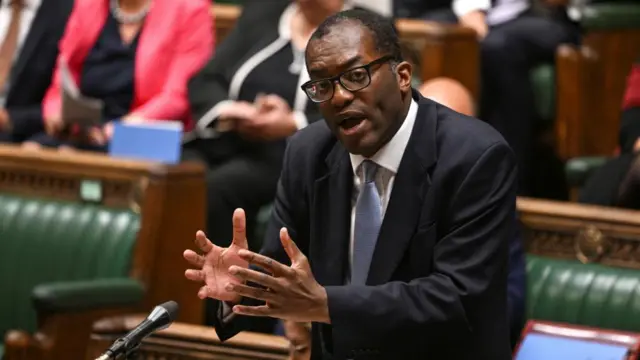How does the UK compare with other countries?published at 08:41 GMT 27 January 2023
 Dharshini David
Dharshini David
Economics Correspondent
Many people are having it pretty tough - the spike in energy and food costs has been a truly global problem.
Despite what the chancellor will say, the UK has had a particularly rough ride over the last few years. Unlike other major wealthy nations, our economy is still smaller than it was prior to the pandemic.
And many economists think we’re in for trickier time than most of them this year.
There are several reasons. Our energy mix is particularly gas heavy, for example, so we’re vulnerable to price surges.
We’ve been hit hard by labour shortages in sectors such as hospitality and retail. The latter has been heightened by Brexit, which has also increased red tape - costs to businesses that trade with the EU.
And some analysts warn that the lingering uncertainty - for example, over trading arrangements in Ireland – could be one reason why businesses aren’t investing as much as we’d like.
So the chancellor’s plan to jump-start prosperity by focusing on employment, enterprise, education, everywhere - spreading the gains nationally - comes at a crucial time.
But creating the right conditions to deliver on will be the challenge to meet if Global Britain is to hit its stride.
